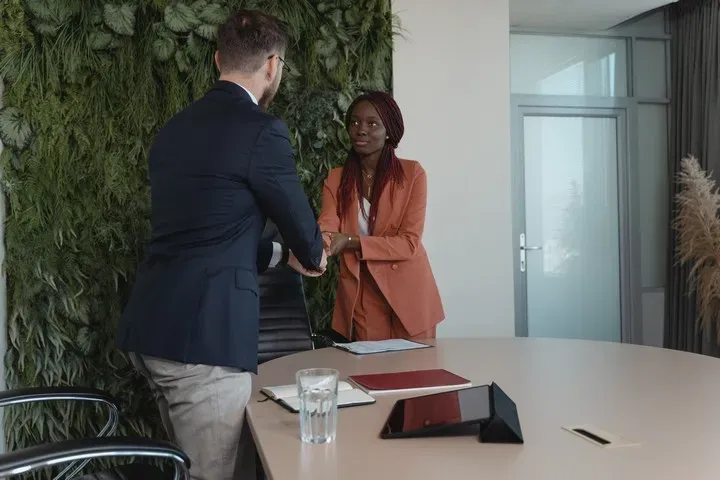
Take your evaluation process one step further with these unique questions that the candidate has probably never been asked before
While behavioral and situational inquiries provide valuable insights into a candidate's past experiences and problem-solving skills, incorporating theoretical questions can take the assessment process to a new level. These questions challenge the candidate's critical thinking, creativity, and analytical abilities, helping you discover candidates who possess not only the right qualifications but also the potential to excel in your organization. Let’s take a look at ten of the best theoretical questions to ask candidates during interviews.
- "If you were the CEO of our company for a day, what strategic change would you implement and why?" This question assesses the prep work the candidate has done, understanding of the organization's goals and their ability to think strategically. Look for innovative ideas, practical solutions, and a clear rationale behind their choice.
- "Imagine you're given an unlimited budget and resources to develop a new product. What would it be, and how would you launch it to guarantee its success?" This question tests the candidate's creativity, problem-solving skills, and entrepreneurial mindset. Listen for well-reasoned product ideas and comprehensive launch strategies.
- "If you were faced with an ethical dilemma at work, how would you handle it?" This question evaluates the candidate's ethical values and decision-making process. Look for candidates who prioritize integrity and demonstrate a thoughtful approach to handling challenging situations.
- "Suppose you joined our company, and you were given full autonomy to restructure the team. What changes would you make and why?" This question assesses the candidate's ability to analyze team dynamics and make strategic decisions. Pay attention to their understanding of team roles and their vision for an effective and cohesive team structure.
- "In a constantly evolving business landscape, how do you stay updated with industry trends and emerging technologies?" This question examines the candidate's commitment to personal and professional development. Look for individuals who are proactive about learning and adapting to change.
- "If you had to convince a skeptical client to choose our company over competitors, what key selling points would you emphasize?" This question evaluates the candidate's communication skills and understanding of the company's unique value proposition. Listen for compelling arguments and persuasive language.
- "If you were tasked with implementing a diversity and inclusion program, what steps would you take to ensure its success?" This question gauges the candidate's awareness of diversity issues and their ability to design inclusive strategies. Look for candidates who prioritize inclusivity and can propose actionable steps.
- "Imagine our company faces a major crisis. How would you handle communication with employees, customers, and stakeholders?" This question assesses the candidate's crisis management skills and ability to remain composed under pressure. Look for individuals who prioritize transparency and empathy in their response.
- "If you could identify one weakness in our industry, what would it be, and how would you address it?" This question demonstrates the candidate's industry knowledge and problem-solving abilities. Look for candidates who can identify potential areas of improvement and propose effective solutions.
- "In your opinion, what will be the biggest challenge our industry faces in the next decade, and how can we prepare for it?" This question assesses the candidate's foresight and strategic thinking. Look for insightful analysis and practical approaches to future challenges.
Asking the right theoretical questions during interviews can reveal a candidate's ability to think critically, adapt to change, and tackle complex problems. By incorporating these ten best theoretical questions into your interview process, you can identify candidates with the potential to become valuable assets to your organization. Remember, theoretical questions should complement behavioral and situational inquiries, providing a well-rounded assessment of each candidate's suitability for the role and cultural fit within your company.





